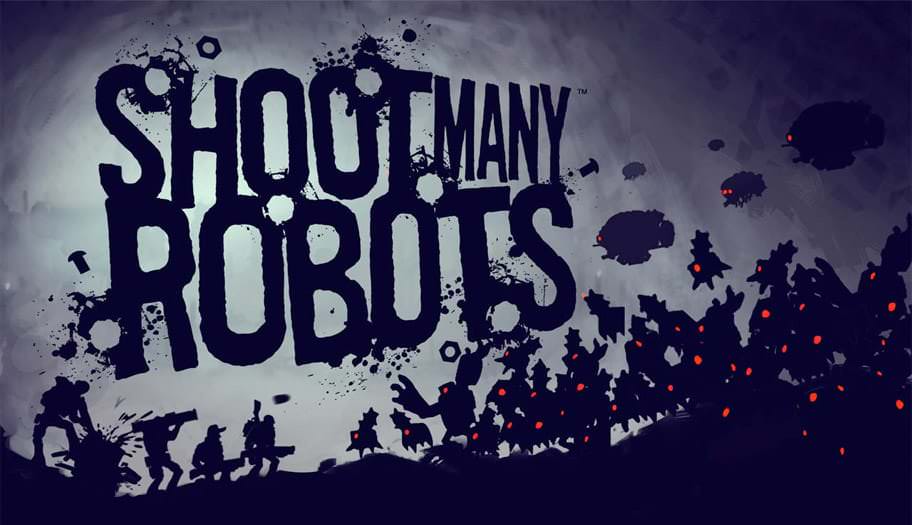A very thorough write up that was done shortly after the release of FEZ. We talk a lot about the experience of working on FEZ and Shoot Many Robots simultaneously, and my musical journey up to that point.
Game Front 1-on-1 is a continuing series featuring interviews with and personality profiles on a variety of people inintim the vast and diverse community of gaming, including creative fans, passionate players, amateur developers and everyone in between.
For the uninitiated, the chiptunes genre often gets thrown into the “nostalgic but silly” category of music somewhere alongside ‘Weird’ Al and Rappin’ Duke. That’s unfortunate, but occasionally, something comes along to remind people that real art is being created by people who just happen to love the sound of classic video games. In 2012, it wasn’t a indie icon like Canada’s Crystal Castles, but a California-based graduate of Boston’s Berklee College of Music named Rich Vreeland, who managed to do the seeming impossible: create a blippy, chiptune masterpiece with actual crossover appeal.
That would be the soundtrack for the puzzle-platformer Fez, recorded under Vreeland’s nom de plume, Disasterpeace. Released last April, Fez was the recipient of great acclaim for both its gameplay, and for Disasterpeace’s incredible soundtrack. Our own review devoted considerable praise to the score, calling it “perhaps Fez’s greatest achievement”, and in the months since release our opinion of the soundtrack has only improved. It has a sinister, moogy quality that makes it accessible to people who never play games, and yet it positively wallows in the tropes of chiptunes without a hint of irony or self deprecation.
Since 2005, Vreeland has released a prolific stream of personal compositions and several indie game soundtracks, but interestingly, he came to music relatively late. While he grew up in a musical environment with a mother who enjoyed singing and a step-father who “would hold practices for his various bands in our basement,” he didn’t begin playing seriously himself until high school. In fact, he began his university career as a design student before deciding early on to drop out of the program and enroll at Berklee. Vreeland’s first complete work, Atebite and the Warring Nations, was conceived during this period.
Once enrolled, “I was one of very few (if any) folks doing chiptunes at Berklee at the time,” he said. Despite this, he didn’t encounter any resistance from the school. “Berklee has a student run Video Game Music Club, where they bring in game audio people to talk all the time, put together events, learn middleware tools, and things like that, and there are a couple of video game related courses, and that’s actually getting better now.” The problem instead was, paradoxically, Vreeland’s own background.
“I grew up tuning my guitar to Drop D and playing Rage Against the Machine and Tool riffs,” he told Game Front, admitting that because of his rock influences, he had a little trouble getting started in Berklee’s Music Synthesis Program (recently renamed the Electronic Production and Design Department). “I think I was still confused about what I wanted to do,” he said. “[I] gave them the impression I wrote all this electronic stuff, but I kinda wished it was real instruments.”
“But I suppose while my music was electronic,” he added, “it didn’t really explore any of the facets of what you can do with synthesis… it was pretty basic. So I had to think about it and figure out why it made the most sense to pursue that path, and at the same time give them a more compelling argument that I knew what I wanted my path to be.” Other chiptune artists convinced him it was something he could do for himself, but as it turned out, the style became as much an artistic calling as it was a practical one.
“[T]he main reason I made the transition was because it was a very convenient method for me to get ideas out quickly. Before, when I was purely focused on instruments and recording, I was getting bogged down in recording a million takes and production type stuff, and at the time I just wanted to get as much out as possible. I think not knowing what I was doing made getting the proper sound out of instruments pretty difficult.”
